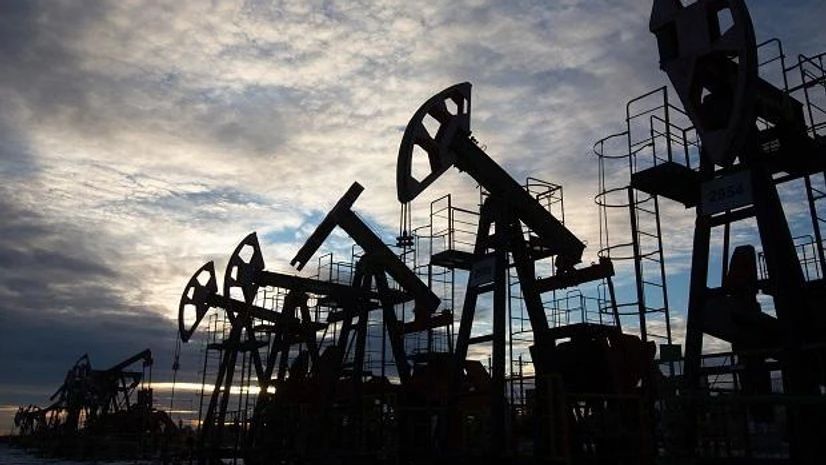Russia's government is looking at the possibility of introducing some easing of rigorous fuel environmental standards in order to allow the usage of low-quality gasoline in the face of possible fuel shortages, three industry sources told Reuters.
According to sources' calculations, it could bring in additional 10%, or between 300,000 metric tons and 350,000 tons a month, of gasoline to the domestic market, enough to meet rising seasonal demand.
Ukrainian drone attacks have reduced Russian primary oil refining capacity by some 14% as of the end of March according to Reuters calculations. Russia says the drone attacks amount to terrorism.
Ukraine says its drone attacks on Russia are justified because it is fighting for survival and has suffered damage to its infrastructure from Russian air strikes.
To tackle possible gasoline shortages, Russia introduced export ban for this kind of fuel with some exceptions.
Sources said that the Russian government is considering lowering the bar for the content of some additives and ethanol.
More From This Section
Sulphur content is expected to stay unchanged.
Since 2016, Russia has allowed only the usage of high-quality gasoline of at least Euro-5 grade.
"The energy ministry is considering as a backup measure to lower the bar (of environmental requirements) in order to provide the basis for additional gasoline output," a source said on condition of anonymity as he was not authorised to talk to the media.
The energy ministry did not reply to a request for comment.
The move to loosen environmental oversight would be a step back from the plans to improve fuel quality and its ecological standards, announced in 2011, when Russian oil firms and the government agreed on plans to modernize country's refineries, which were predominantly built in the 1940s and 1970s.
Since 2000, refinery output in Russia has grown by around two thirds, reaching 275 million tons last year.
An industry source said the measure would help boost gasoline production at outdated refining facilities.
Orsk refinery, which has stopped output due to powerful floods, and Angarsk plant in eastern Siberia, account for the bulk of low-grade gasoline production in Russia.
In 2023, total gasoline output in the country reached almost 44 million tons. In the first quarter 2024 it stood at 11.1 million.

)
